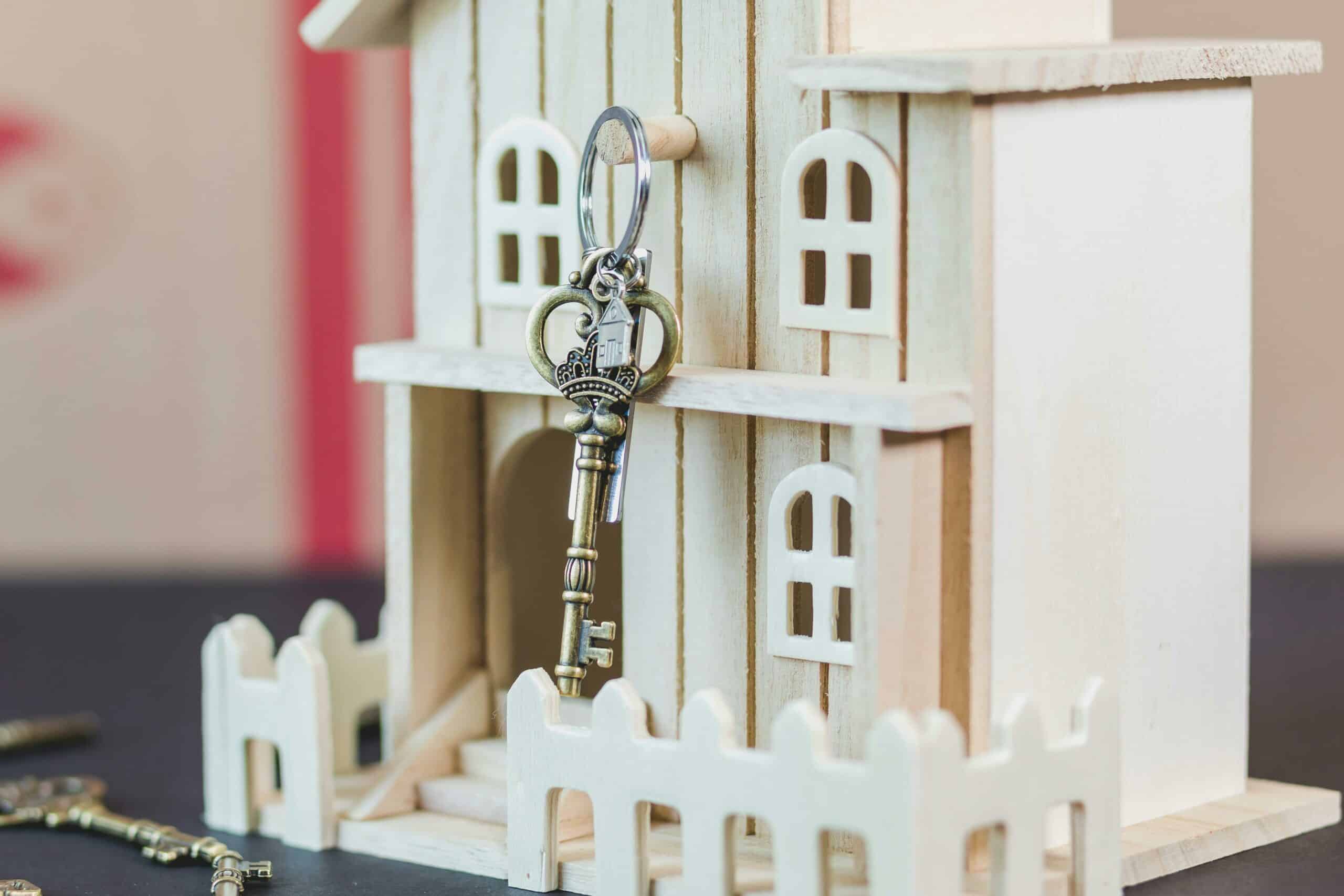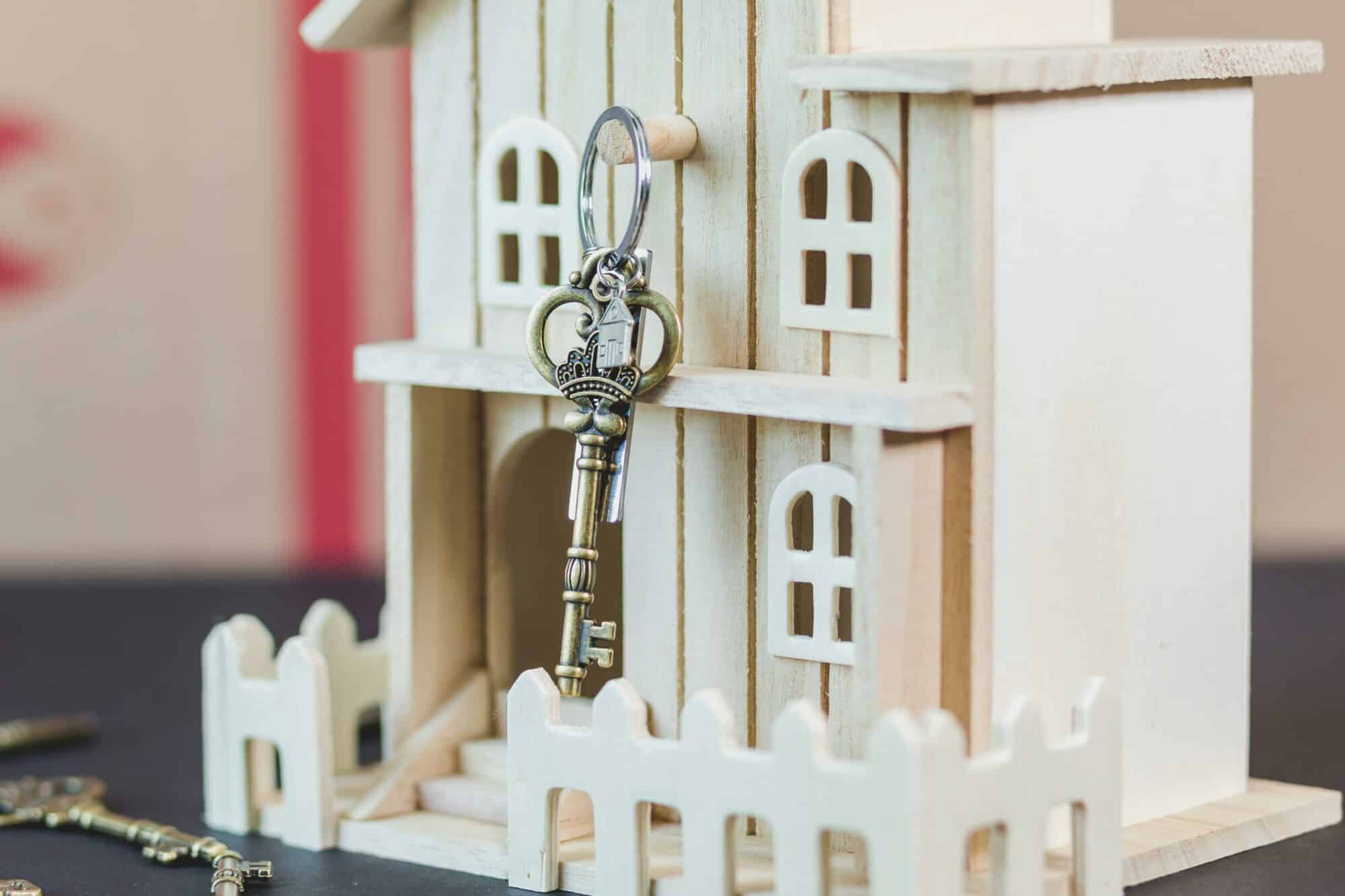Mortgages are a vital part of today’s home buying process, but let me tell you how to secure your dream home: mastering mortgages!
A lot of people in the UK can only purchase their home if they have a mortgage. So, naturally it’s important to understand exactly what that means for you.
A house is most likely the largest purchase you’ll ever make, and you need to make sure you can afford it. If not, you could end up losing your home and all the hard work you put into getting it.

What Is A Mortgage?
A mortgage is a loan, and just like a loan you may get from the bank or building society, you have to pay it back.
However, this loan is secured against the house you’re buying.
What does secured mean?
It means that you have to put your home up for collateral.
Should you not be able to pay your mortgage payments, the mortgage company can repossess (take possession) the house from you and use the house value to pay the outstanding mortgage.
The mortgage company will expect you to make a monthly payment until the mortgage is paid.
Mortgages are given for a period of time defined at the start, known as the term of the mortgage. The term is typically from 5 years to 40 years, and the longer you take the mortgage the lower the monthly payments.
If you extend your mortgage over a long term, you often are able to borrow more, and your monthly payments are less.
You will pay the mortgage company interest on the loan that they give you. This is how they benefit from providing you the money. The interest rate will depend on the mortgage products at the time and how much the Bank of England base rate is. Your monthly payment will be a combination of capital repayment and interest.
Potentially losing your home is scary.
Yes, it is, and this is exactly the reason why you need to make sure you can afford those monthly payments.
Getting a mortgage that you can’t afford could cost you a fortune, and just isn’t worth it!
Types Of Mortgages
There are two types of mortgages:
- Repayment – Where you pay back a portion of the loan each month.
- Interest only – You only pay the interest and never the capital.
Interest only mortgages are much harder to get and usually only suitable if you’re buying a property to rent out. If you’re buying to live then go for the repayment version.
With both of these mortgages you have products. Products are the interest rates that the mortgage provider will offer.
The interest rates can either be fixed or variable.
A fixed rate mortgage will give you an interest rate fixed for a set period of time, normally 2 years or 5 years. After the fixed rate period is up you must find a new fixed rate mortgage with the same or different mortgage provider. Otherwise you will default to the variable rate. There can be penalties if you exit the mortgage during the fixed rate period.
Variable rate mortgages have interest rates that can go up or down during the mortgage term, they aren’t fixed. They tend to move with the Bank of England base rate. The rates are generally much higher than fixed rate mortgages, but do not have any penalties to exit the mortgage.
How do you know if you can afford it?
Relax, thankfully, it isn’t all up to you. You do need to make sure that every month you pay the amount required but before the mortgage is arranged the mortgage company will check to see if you can afford it. More on that next.
The joys of a mortgage are that without it a lot of people would not be able to enjoy their own home. They would be subject to renting for most of their lives and paying someone else’s mortgage.
How Much Mortgage Can You Borrow?
As I said before, you need to make sure that, whatever the monthly payments, you have enough money to pay them. Click here for the Straightforward Money mortgage payment calculator.
A mortgage company will also give you an indication on how much you can borrow. This figure will vary (sometimes significantly) between mortgage providers.
One of the most important things they consider is future interest rate rises. Rates these days are relatively low in comparison to historic rates, but if you go back to the 1980’s they were over 10%. So, it’s important for the mortgage provider to make sure you can afford the mortgage in any circumstance.
The first step is to use a mortgage affordability calculator to give you a rough estimate of the amount you can borrow.
This is a rough estimate and a guide so that you can start looking for houses. The real affordability calculation is more complex and best completed a professional.
I would suggest you speak with a mortgage adviser, as they will be able to narrow your affordability down.
They’ll want to know how much you earn and what you spend your money on. The more accurate the information you give them the more accurate the mortgage borrowing amount will be.
The worst thing would be giving them incorrect information, and you fall in love with a home you can’t afford!
This isn’t an offer either, it’s a guide. The offer comes after you apply for a mortgage and will only happen if the mortgage provider accepts your application.
Where To Get A Mortgage?
A large number of bank and building societies in the UK provide mortgages. Each of them have different criteria and have different affordability amounts.
Probably the most common step people take in finding a mortgage is approaching the company they bank with. While this isn’t a bad idea, it isn’t the best one either.
The best idea would be to consult a mortgage adviser or independent financial adviser (IFA). Pick one that is ‘whole of market’ as they will have access to everyone, where ‘restricted’ advisers will have limited access.
These lovely humans will compare all of the mortgage providers out there, ensuring that you have the best possible mortgage for your needs. They could even find you a mortgage that is cheaper than your bank, meaning that you pay less each month.
Here’s a tip – There are a lot of mortgage advisers out there that charge a fee for their advice. There are also a lot of mortgage advisers that do not. Go for one that doesn’t as both should provide the same service.
4 Steps to Apply For A Mortgage
Now you have found your perfect home, you need to apply for your mortgage. Here’s how:
Step 1 – Agreement In Principle:
Go back to the mortgage adviser that provided you an affordability calculation and tell them about the house.
Your mortgage adviser will select the best mortgage company for you.
They will then complete an agreement in principle.
An agreement in principle is the next step up from the estimate we spoke about earlier. It will give you a true figure of affordability, and will be subject to the mortgage company reviewing your paperwork and conducting a valuation.
This part usually involves a credit check.
Step 2: Questions
Now it’s time to complete your mortgage application. Your mortgage adviser will start asking you LOTS of personal questions, this is called a ‘fact find’.
You must answer honestly! It is within your best interest to do so.
Here’s a list of some questions you may be asked:
- Your name, date of birth, and address history.
- If you have children or financial dependents.
- Your income and expenditure.
- Your debt and credit history.
- Where your deposit is coming from.
- The details of the property you’re buying.
Don’t try to hide anything from them, they WILL find out.
Step 3 – Valuation
Once your mortgage adviser has submitted your mortgage application, the mortgage provider will ask for a mortgage valuation.
A valuation is where your mortgage provider will send a surveyor of their choice to the house you’re buying. That surveyor will check over the property to confirm that it is up to a good standard and is suitable collateral.
Step 4: Underwriting
Underwriting is where the mortgage provider will review the information you have provided in the mortgage application.
They will usually request to see the following:
- Your payslips if employed.
- Your SA302’s & tax year overviews if self-employed.
- Your bank statements.
- They may also ask to see your credit report.
When they have the required documentation and the valuation report is back, they will complete a final review. If they are happy with all of the information, they will issue you a mortgage offer.
Most mortgage offers last 6 months, which means you have 6 months to complete the purchase of your home.
If it takes longer than 6 months then you could be asked for up to date documents of the above.
Summary
- Get an affordability calculation completed a mortgage professional.
- Check your monthly payments, here.
- Find your dream home that’s in your budget.
- Apply for your mortgage.
- Receive your mortgage offer.
- Complete and move in.

